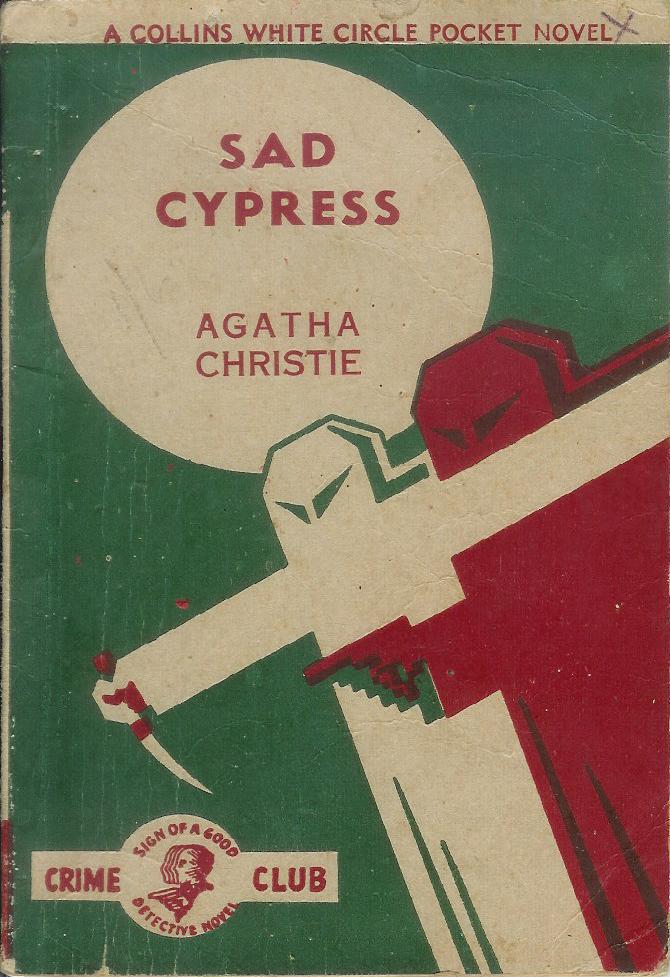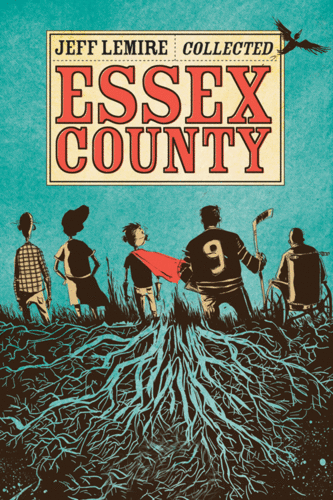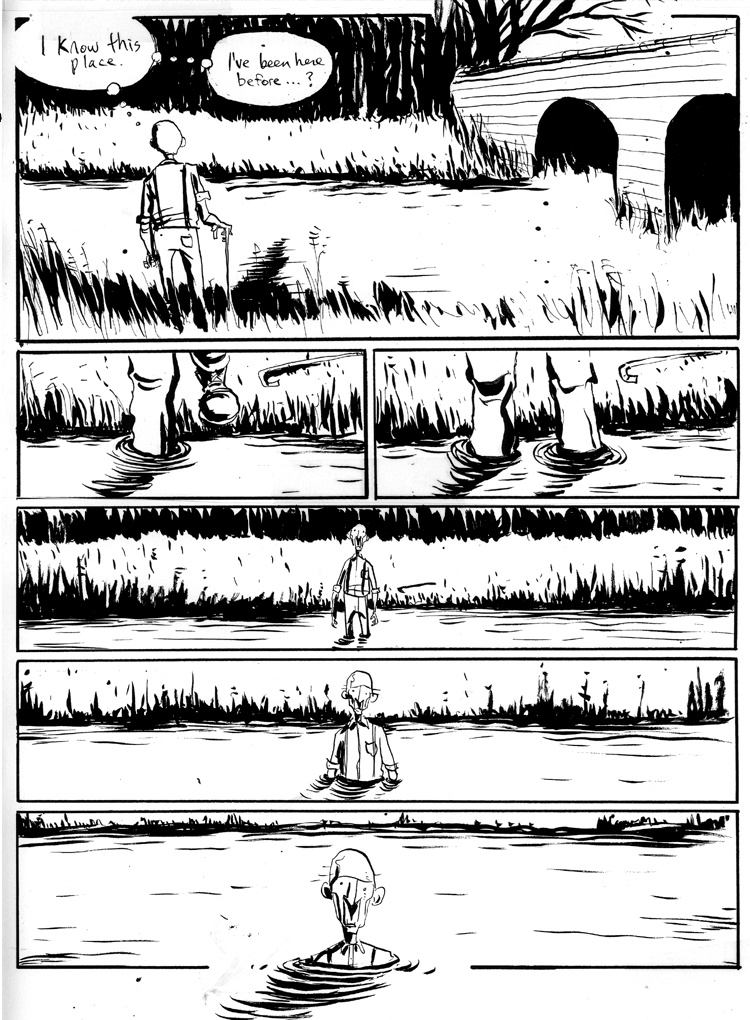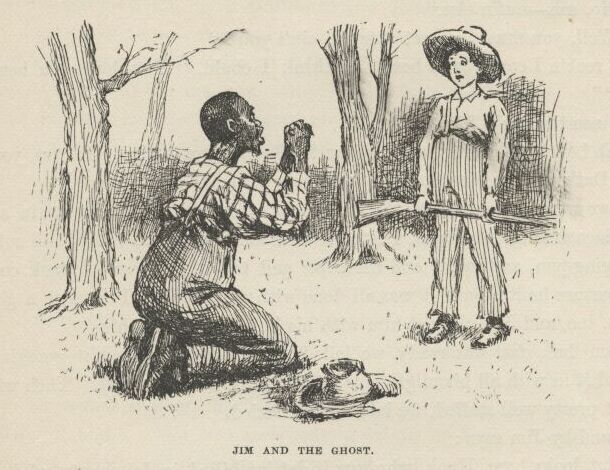From LISNews: Librarian News:
Library users, librarians, and libraries have begun to boycott publisher HarperCollins over changes to the terms of service that would limit the ability of library users to borrow ebooks from libraries. A new website, BoycottHarperCollins.com, is helping to organize their efforts to get HarperCollins to return to the previous terms of service.
On February 24, Steve Potash, the Chief Executive Officer of OverDrive, sent an email to the company’s customers — primarily US libraries — announcing that some of the ebooks they get from OverDrive would be disabled after they had circulated 26 times. Soon after, librarians learned that it was HarperCollins, a subsidiary of News Corporation (NWSA), that intended to impose these limits.
Immediately, library users, librarians, and libraries began voicing their opposition to the plan by HarperCollins, with several library users and librarians urging a boycott.[full article]
26 times? I think the days of touting the freedom and ease of access of eBooks via libraries are coming to a middle. The recent excitement over rising eBook usage glosses over the implications of events like Kindle’s Orwellian muck-up a year or so ago.
A face-off with a vendor has been brewing for a while, and more are sure to follow.
EBook providers are going to switch to increasingly intransigent and limiting terms because they sense threats to their profits from other directions, such as piracy. Frustratingly, HarperCollins’ policy and others like it will slowly throttle a library’s ability to supply eBooks conveniently (for the user and the library) and affordably (for the library).
If eReaders continue to boom, and they likely will, people could choose to absorb the cost of eBooks themselves for the sake of quick access. This is unfortunately probable, since people who can afford an eReader of any sort can likely afford the cost of compatible books (related demographic info).
The outcome could be rough. Libraries will eventually loose any iniative they’ve gained on this front and could be pushed out as an eBook access point. And, as new technology eventually surpasses print, public libraries could end up standing on a fairly bleak precipice.
Enough, doom saying. The collective weight of librarians, library users, and other supporters could roll this trend back. Visit www.boycottharpercollins.com and get involved.












